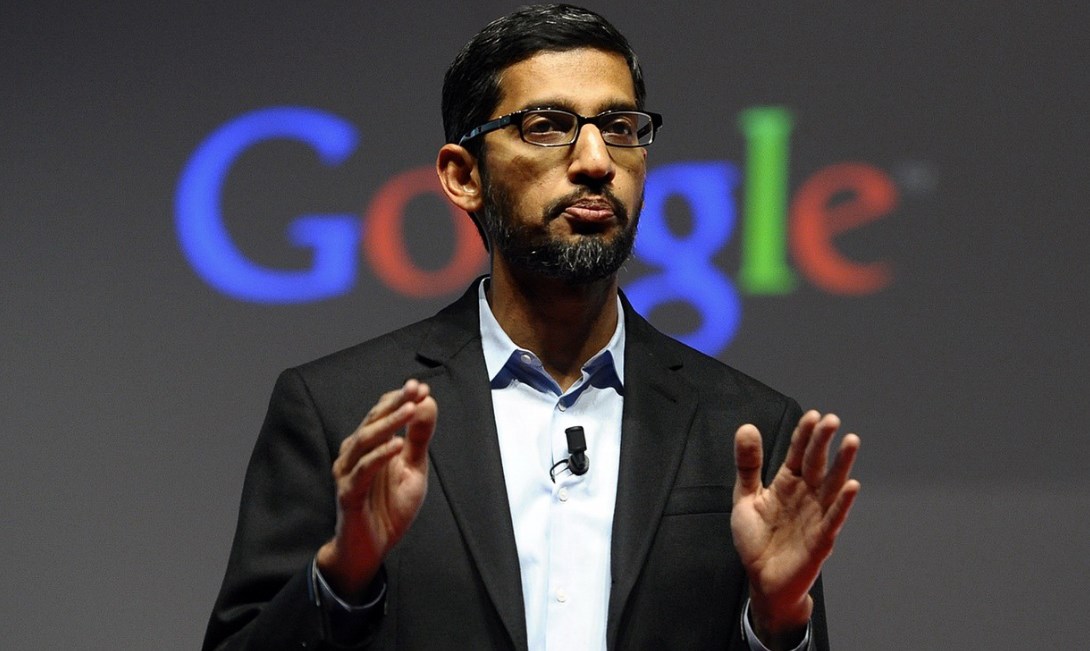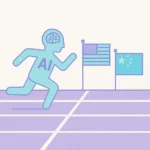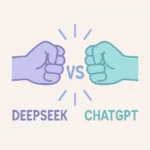Google’s recent release of its AI chatbot, Bard, has sparked conversations about the future of chat AI and its potential to revolutionize the way we interact with technology. Bard was the focus of a recent podcast interview from the New York Times “Hard Fork.” The show featured Google CEO Sundar Pichai, where he offered insight into the company’s approach to AI and its vision for the future.
During the interview, Pichai acknowledged that Bard’s initial reception has been somewhat muted, with comparisons to OpenAI’s ChatGPT surfacing. However, he emphasized that Bard’s release was experimental and based on a smaller, more efficient version of LaMDA.
Kevin Roose
I’m curious if one reason why Bard didn’t come out last year was that safety was on your mind. How much of it was a safety thing and how much of it was a product thing?
Sundar Pichai
It’s tough to say. Because the reason we built LaMDA — to be a conversational dialogue thing — LaMDA was trained to be a conversational dialogue agent, right? So because we were working on Google Assistant, and we realized the limitations of, like, approaching the assistant with the underlying technology approach we had, so it wasn’t an accident that what we worked on LaMDA to be a conversational dialogue.
Pichai expressed confidence in Bard’s potential, stating that Google will be upgrading Bard with more capable PaLM models to enhance its reasoning, coding, and problem-solving abilities.
Pichai also revealed that Bard is beginning to integrate with Gmail for a limited number of trusted testers. This integration allows users to compose emails with the help of AI, potentially transforming the way we draft and manage emails. Pichai envisions a future where AI can serve as a powerful assistant, providing life-changing support for individuals in their day-to-day lives.
when the chat turned to competition in the AI space, Pichai praised OpenAI for the success of ChatGPT. saying that its product-market fit and reception from users were a pleasant surprise. But he stressed the importance of safety and responsibility when developing and deploying AI. He shared Google’s commitment to delivering a high-quality and trusted experience to users, ensuring that AI technology is developed with care and consideration for its potential impact.
The interview with Sundar Pichai gives us a look at Google’s ambitions in the AI space and the company’s (hypothetical, we’ll see) dedication to advancing the field in a responsible manner. Google’s Bard is a junior member of the AI chatbot club for now, but with Google’s weight behind it and with the opportunity to study how the market reacts to the competition, that could change. Listen to the full podcast here.





